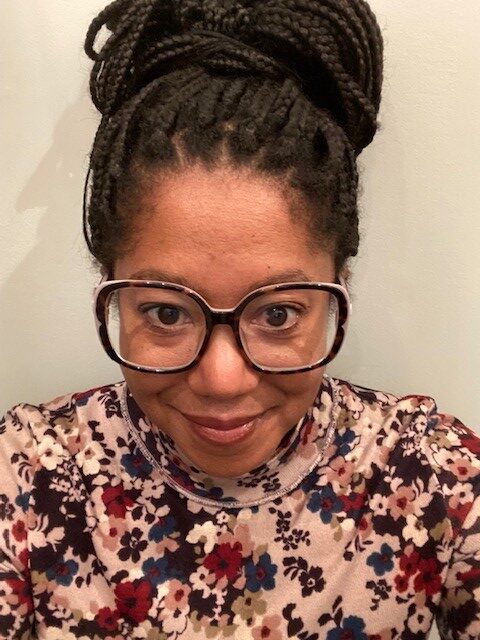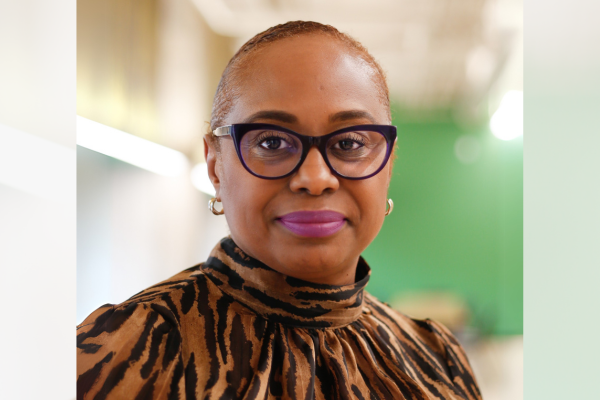Against the land grab: UTSC prof fuels advocacy through research in Honduras


As a feminist political ecologist and cultural geographer, Sharlene Mollett studies the relationship between land and culture, and how gender and race shape access to natural resources. Her research – and advocacy – focuses on communities displaced by land grabbing in Central America, and the policies that fail to protect them.
Land grabbing often refers to the large-scale appropriation of land by foreign and domestic corporations, which can range from agricultural companies to tourism operators. Land grabbing occurs both legally and illegally.
In some cases, corporations and elites, enabled through state corruption, buy contested lands. But in many cases, powerful elites grab land through loopholes or take advantage of a lack of clarity in the law. Almost always, economically poor smallholders and the landless face the burden of dispossession through land grabbing.
“When we think about land grabbing, we often think of the land itself,” says Mollett, an associate professor in the department of human geography at U of T Scarborough.
“I wanted to think about the relationship between land and [human] bodies, and not only when there is land dispossession. There’s an embodied process that is happening to the people who exist on the land.”
Published in The Routledge Handbook of Critical Resource Geography, Mollett’s latest chapter, “Resistance against the land grab,” follows the lives of Garifuna Defensoras, women who serve as land and community defenders on the north coast of Honduras. The chapter highlights the tourism industry and the criminalization of Garifuna women.
Communities in coastal regions, often prime real estate for tourism corporations, have a constitutional right to communal lands. Despite this, Garifuna people, and particularly women are frequently and erroneously seen as trespassers as they travel along coastal beaches that have been appropriated by hotels. Often, Garifuna women and girls are harassed by hotel staff and security, and experience sexual harassment by tourists.
In the chapter, Mollett sketches how Garifuna women have long been land defenders in Honduras.
“Defenders are not just defending their lands,” Mollett says.
“They’re also defending their communities from different kinds of embodied violence by those who get to usurp their land.”
Fueling advocacy through research
Mollett’s work also follows the Miskito peoples, an Indigenous community in the Honduran Mosquitia region, located in the easternmost part of the country.
“These two fields [feminist political ecology and cultural geography] help me tell the story of people in Central America who are struggling to make claims to lands and territories against the Honduran state and elites who seek their dispossession,” Mollett says.
Mollett explains that although Miskito and Garifuna lands and territories are organized along matriarchal forms of inheritance, the state uses a patrilineal framework for land registration. In discussing land struggles in the Rio Platano Biosphere Reserve, Mollett notes:
“The state is not only appropriating land in the name of biodiversity conservation but using patriarchal and racial ideologies to justify the disruption of matriarchal landforms in the Mosquitia.”
Facilitating change at home and abroad
Along with other scholars writing about Honduras, Mollett serves as an expert witness for North American asylum cases to help contextualize Honduran country conditions for people seeking to flee.
“Many of us have contributed our time to writing detailed reports about the situation in Honduras in hopes that it will help asylum claims for Miskito and Garifuna peoples trying to enter North America,” Mollett says.
Back home, the on-the-ground change to which Mollett hopes to contribute comes down to inspiring her students to think critically about the world and systems around them – no matter the field or career they decide to pursue.
“I think teaching is one of the ways that we can really change minds towards more equitable policies shaping development intervention and inspire future generations to take human rights seriously.”










